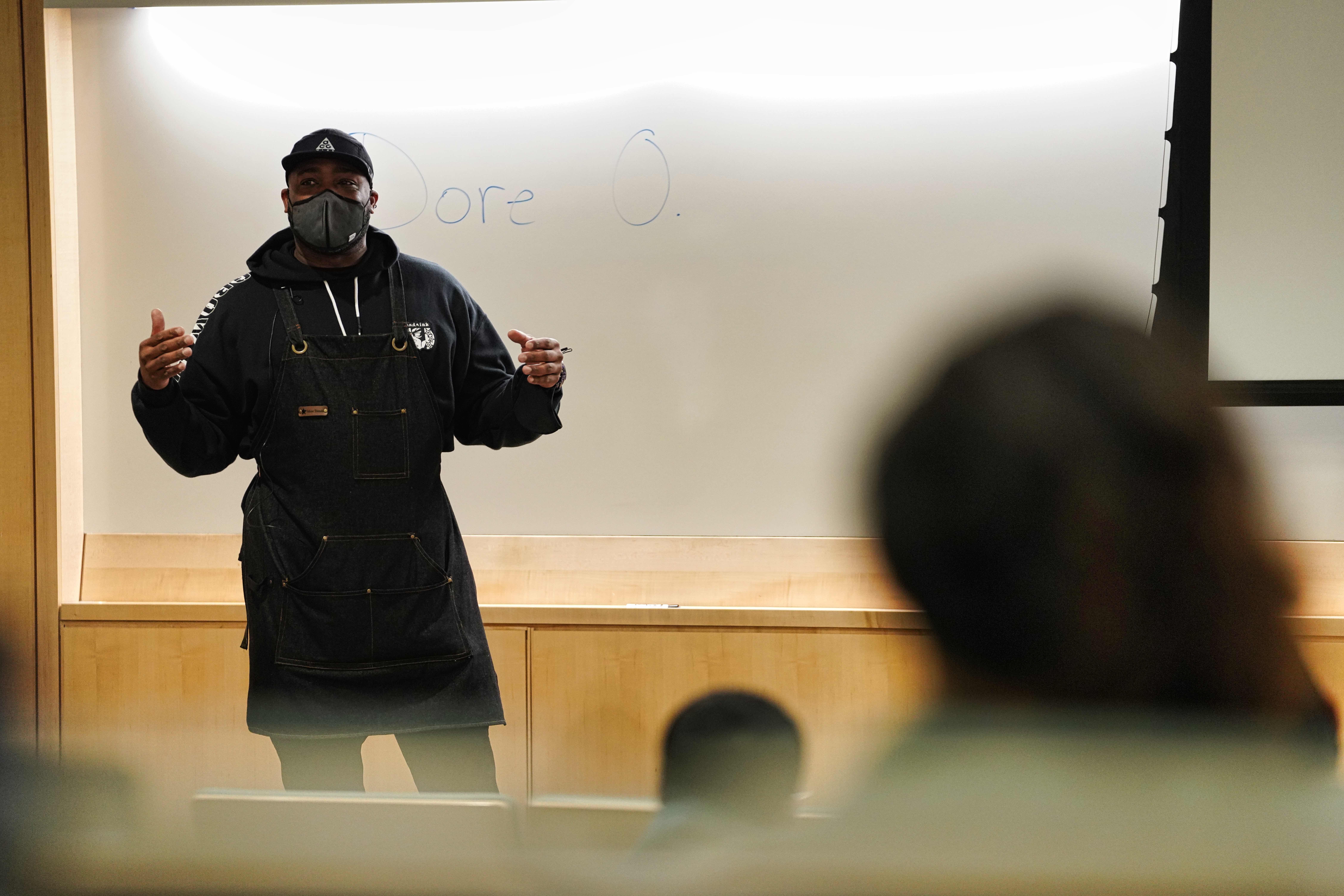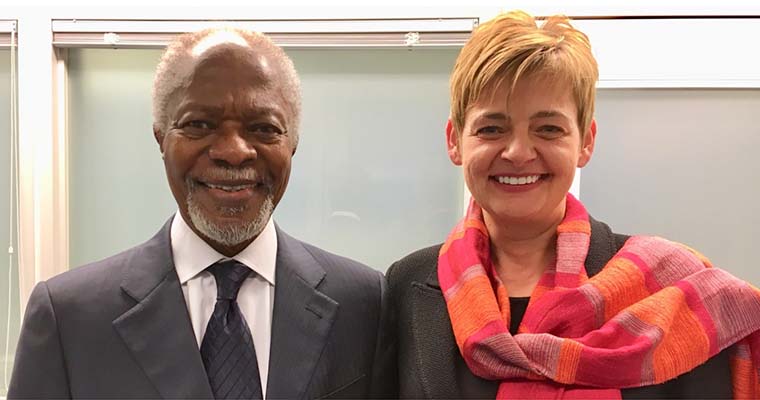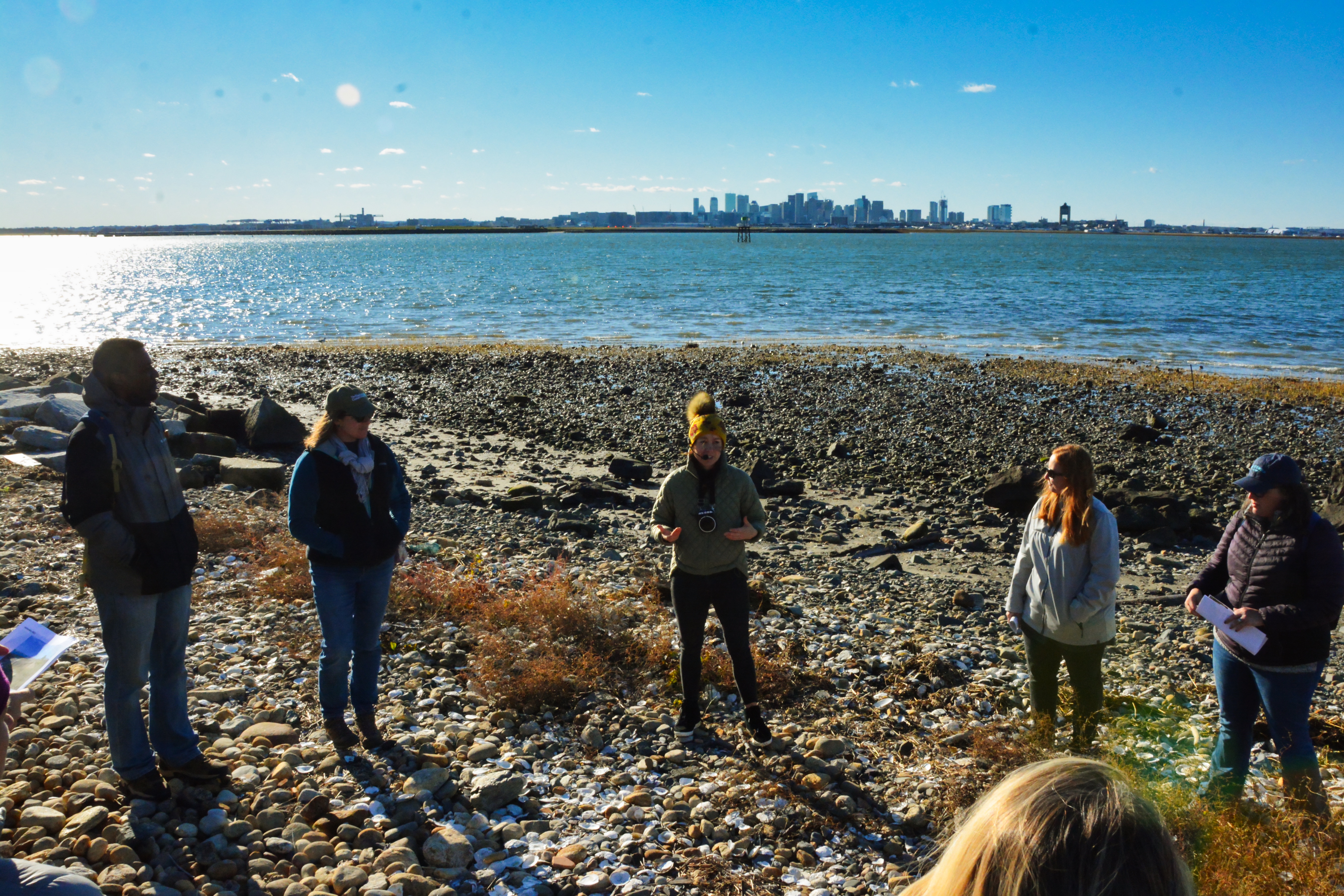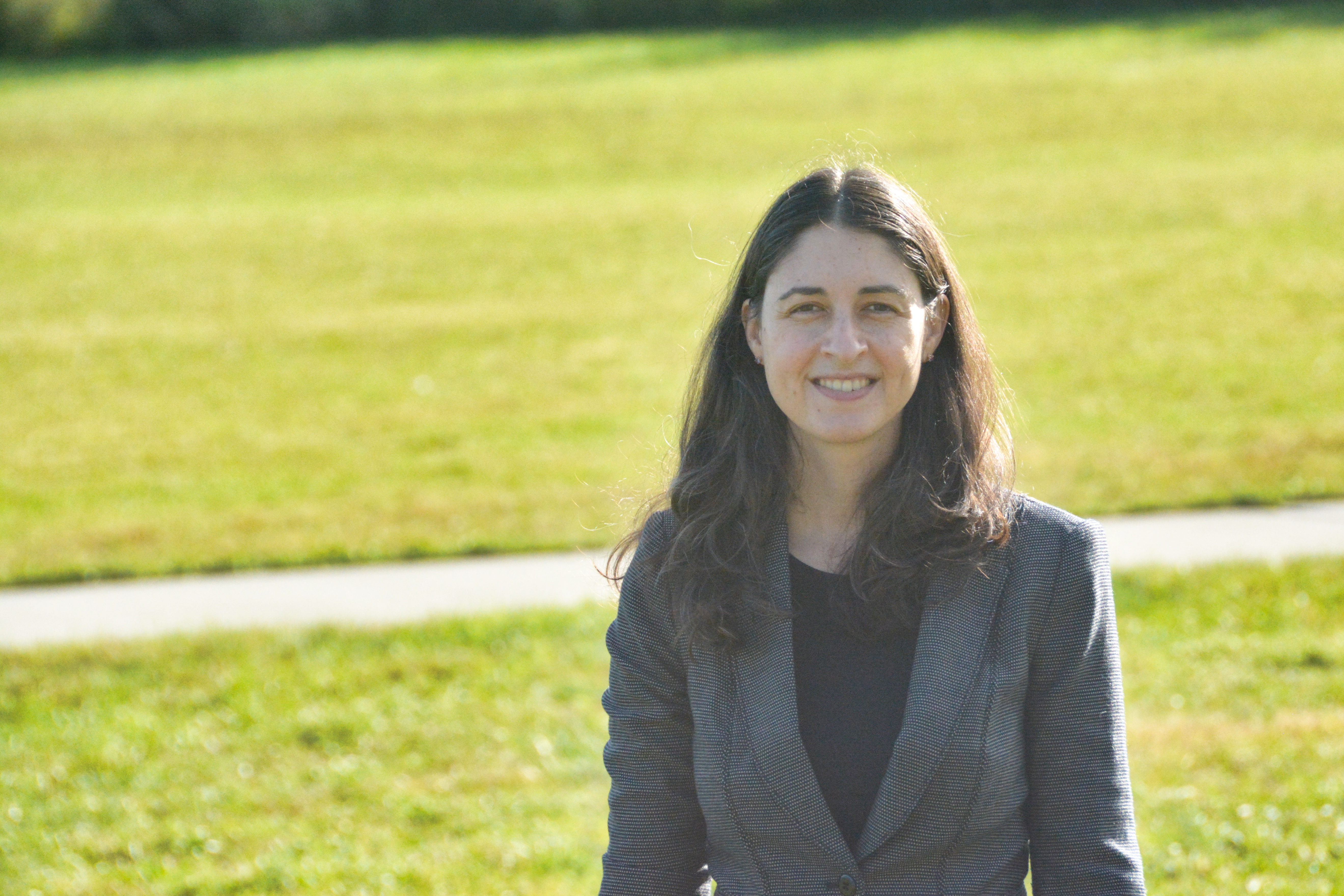
When you think of the art scene in Boston, maybe the first thing that comes to mind is the MFA or the ICA.

As world leaders converged in Glasgow to take stock of progress on the Paris global climate change agreement, there were questions about the effectiveness of these international agreements.

What do Revere beach, Seaport Boulevard, the Boston Harbor Islands, and a UMass Boston classroom have in common?

“…To break the cycle;”
“…to be a role model for my sister;”
“…to build a better life for my family;”
“…to make changes in the world.”
UMass Boston has partnered with the Massachusetts Bay Transportation Authority (MBTA) and Wheels, the leading last-mile, shared electric mobility platform, to offer hybrid micromobility devices—popularly refered to as e-bikes—on campus.

Imagine that a grasshopper is sitting on a lawn. It jumps. What is the probability that it lands back on the lawn?
AMHERST, Mass. – The University of Massachusetts Amherst’s Institute for Applied Life Sciences (IALS) has announced that six campus research teams have been named recipients of the 3rd annual Manning/IALS Innovation Awards.
The largest terrestrial carbon sink on earth is the planet’s soil. One of the fears that many scientists have is that a warming planet will liberate significant portions of the soil’s carbon, turning it into carbon dioxide (CO2) gas, and so further accelerate the pace of planetary warming. One of the key players in this story is the microbe: invisible, and yet the predominant form of life on earth.
University of Massachusetts Amherst assistant professor Xian Du, mechanical and industrial engineering, has received an $810,000 grant from a subsidiary of Saudi Arabia's state-owned oil company to support the development of a novel sensing technology used to monitor the strain on critical oil-pump equipment.